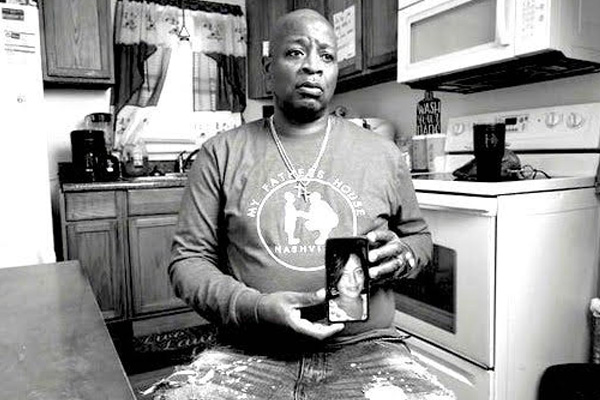UNEQUAL CARE –
Dec. 1, 2022 – The reasons for this dramatic change come down to racial inequities. Research shows that Black people have a harder time getting into treatment programs than white people do, and Black people are less likely to be prescribed the gold standard medications for substance use therapy. “If you are a Black person and have an opioid use disorder, you are likely to receive treatment five years later than if you’re a white person,” says Nora D. Volkow, director of the National Institute on Drug Abuse at the National Institutes of Health. “Treatments are extraordinarily useful in terms of preventing overdose death so you can actually recover. Five years can make the difference between being alive or not.” Black people with substance use problems are afraid of being caught up in a punitive criminal justice system and are less likely to have insurance good enough to allow them to seek help on their own. And the COVID pandemic disrupted many recovery and harm-reduction services, particularly for people of color.



